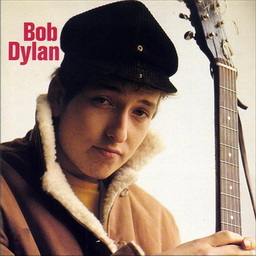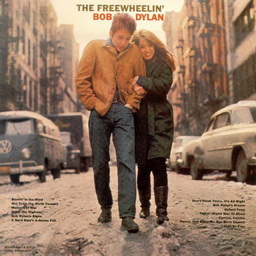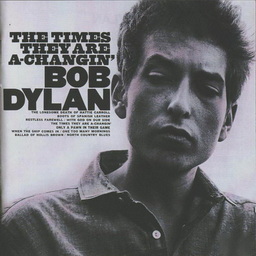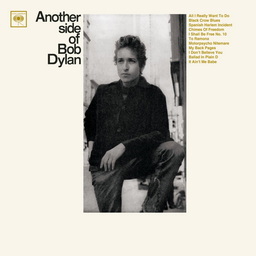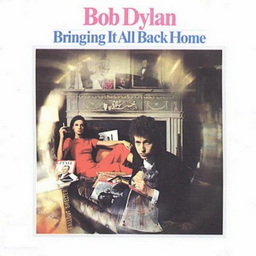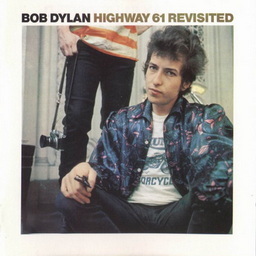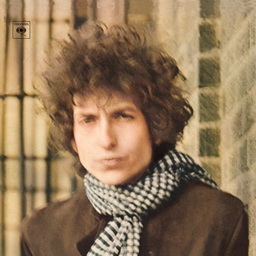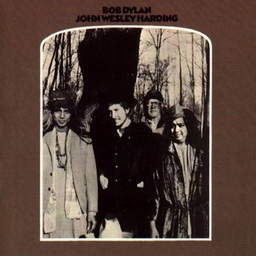Bob Dylan
Bob Dylan is the uncontested poet laureate of the rock and roll era and the pre-eminent singer - songwriter of modern times. Whether singing a topical folk song, exploring rootsy rock and blues, or delivering one of his more abstract, allegorical compositions, Dylan has consistently demonstrated the rare ability to reach and affect listeners with thoughtful, sophisticated lyrics. Dylan re-energized the folk-music genre in the early Sixties; brought about the lyrical maturation of rock and roll when he went electric at mid-decade; and bridged the worlds of rock and country by recording in Nashville throughout the latter half of the Sixties. As much as he's played the role of renegade throughout his career, Dylan has also kept the rock and roll community mindful of its roots by returning to them. With his songs, Dylan has provided a running commentary on our restless age. His biting, imagistic and often cryptic lyrics served to capture and define the mood of a generation.

Bob Dylan was born Robert Zimmerman on May, 24th, 1941, in Duluth, Minnesota and grew up in the iron-mining town of Hibbing. He learned to play harmonica and piano by age ten and was a self-taught guitarist. As a high-school student in the late Fifties, he listened to everyone from Hank Williams and Woody Guthrie to Roy Orbison and Chuck Berry, cultivating a lifelong appreciation for traditional folk, country and rock and roll. While attending the University of Minnesota, Dylan traded his electric guitar for an acoustic instrument and began to pattern himself after quixotic folksingers of the previous generation. In 1961 he dropped out of university and travelled to New York City to meet his idol Woody Guthrie, ill with Huntington's Disease. Dylan started playing in Greenwich Village cafes, launching an iconoclastic career that influenced the course of popular music. Dylan started his recording career as a folk singer but refused to be pigeonholed. After establishing himself as a protest singer, he moved towards full band arrangements by the mid-1960s, infusing the rock and roll that he'd rejected earlier with his interest in poetry. After 1966's magnum opus Blonde on Blonde he retreated from the limelight, and his output became less consistent, but he made some excellent albums in the late 1960s and 1970s as well.


